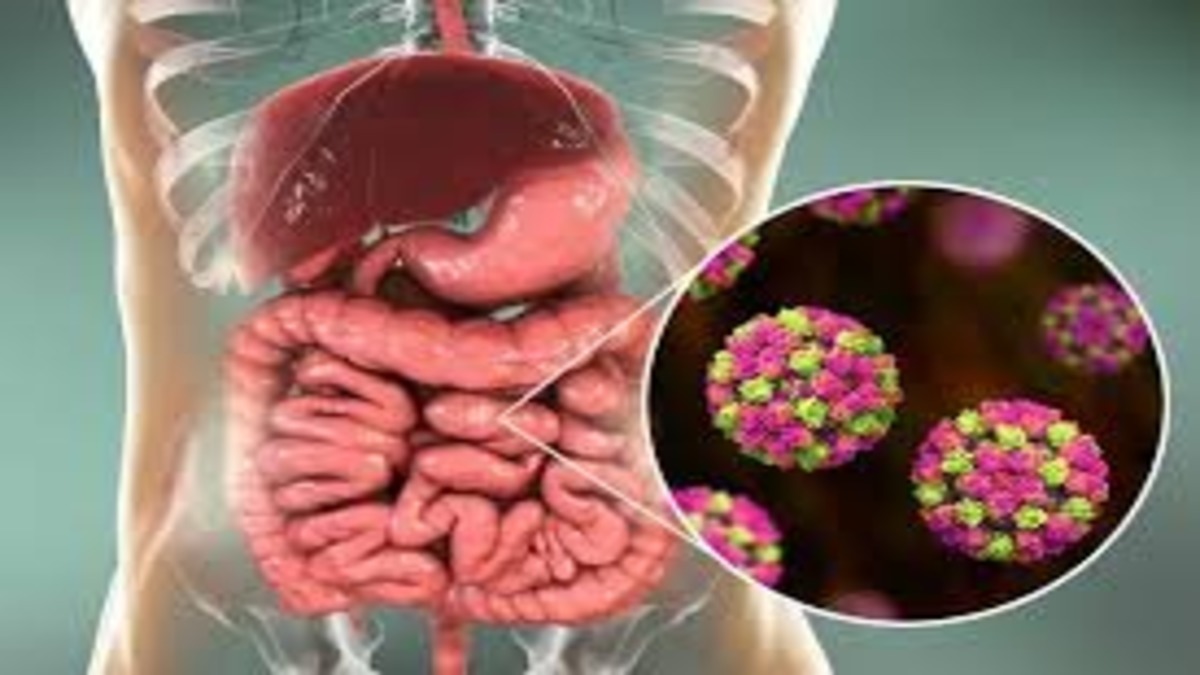A way to combat norovirus?—New Food Magazine
Norovirus, a highly contagious illness causing vomiting and diarrhea, has surged across the United States, with the Northeast particularly affected, according to recent CDC data. The virus, estimated to cause nearly 21 million cases of acute gastroenteritis annually, spreads rapidly due to its ability to survive in various environments and its efficient transmission pathways.
Transmission primarily occurs through the fecal-oral route, with contaminated food being a major culprit. Infected individuals shed the virus in their vomit and stool, with even small amounts capable of causing infection. Moreover, norovirus can spread via aerosolized vomit, complicating containment efforts.
Symptoms typically manifest 24 to 48 hours after exposure and include nausea, vomiting, diarrhea, and abdominal pain, often accompanied by a headache and a low-grade fever. While healthy individuals usually recover within a few days, vulnerable populations, such as children, the elderly, and the immunocompromised, face heightened risks of complications, including severe dehydration and even death.
Diagnosing norovirus relies on symptom assessment, particularly vomiting, minimal fever, and brief illness duration. Laboratory testing can confirm cases during outbreaks.
Treatment primarily involves fluid and electrolyte replacement to combat dehydration, which is especially crucial in severe cases. There is no specific antiviral therapy for norovirus.
Prevention hinges on proper hand hygiene, particularly in high-risk settings like restaurants, nursing homes, and schools. Shellfish, notably oysters, clams, and mussels, pose significant risks, as they can concentrate virus particles in contaminated waters. Thorough cooking is essential for shellfish safety, as steaming alone does not eliminate the virus.
Heightened awareness, rigorous hygiene practices, and prompt intervention in outbreak settings are essential for mitigating the impact of norovirus, particularly during peak transmission seasons.
#NorovirusOutbreak #StayHealthyStaySafe #PreventNorovirus #HealthAlert #InfectionControl
